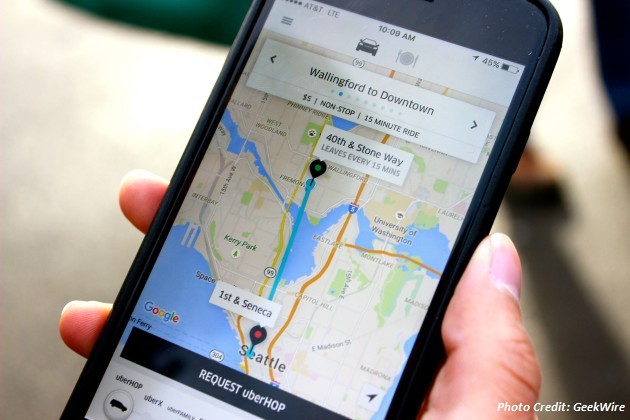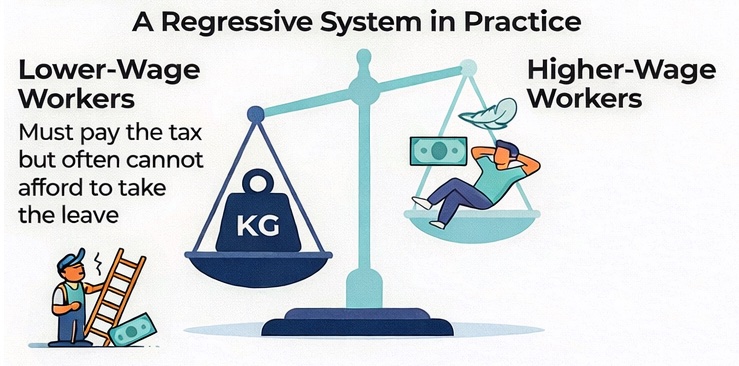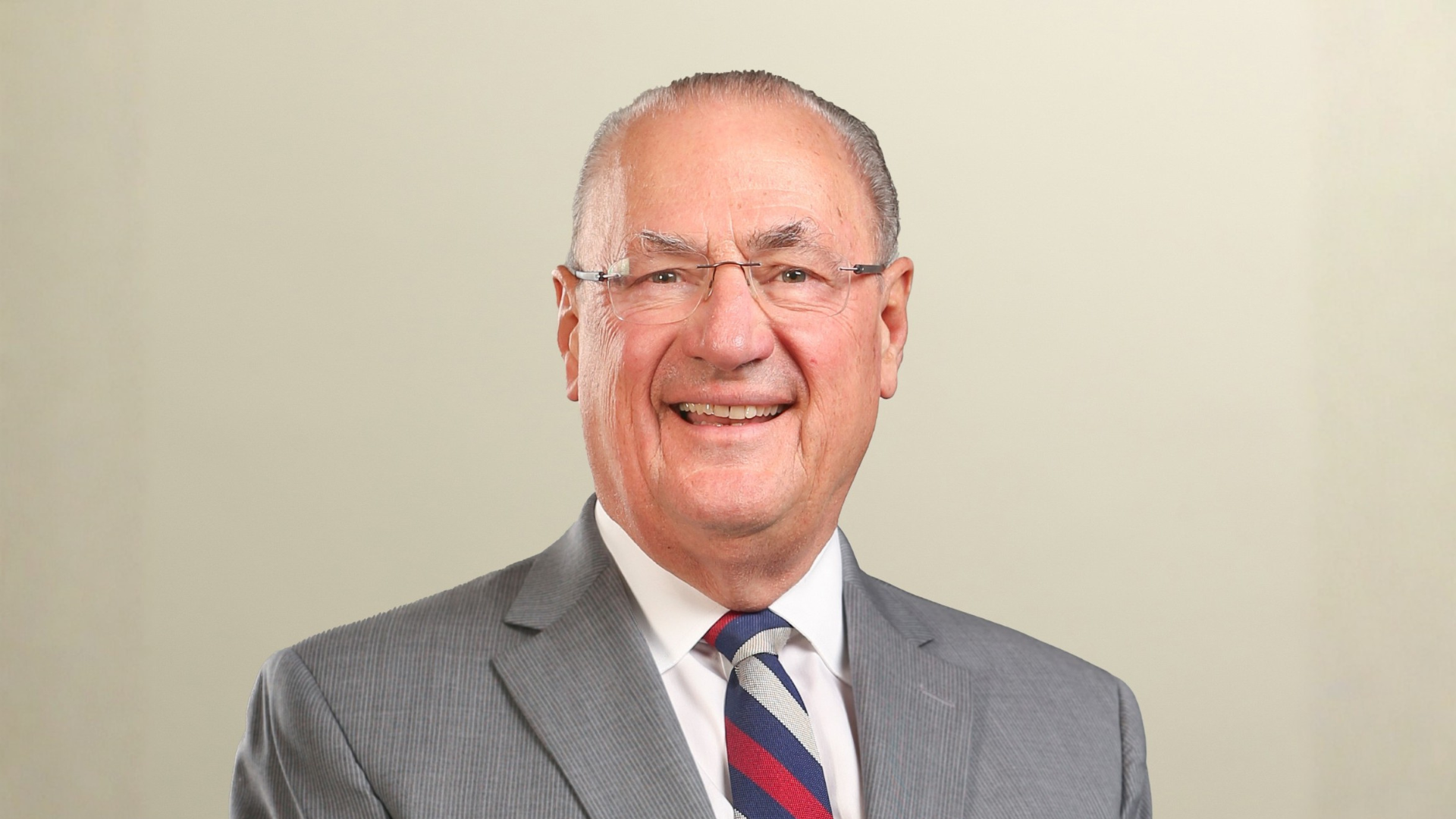The PayUp legislation passed by the Seattle City Council in 2022 set the minimum wage for food delivery workers, working for organizations such as Grubhub and Uber Eats, at $17 per hour.
In response to cover the additional regulatory cost and other fee increases, Uber Eats added a $5 local operating charge to every trip in Seattle.
Now it seems, the fee is being passed onto consumers in other cities. Part of the problem is where the order originates or is delivered too and it’s causing problems in determining when, or when not to add the fee. Rather than potentially violating the Seattle law, UberEats is applying the fee to neighboring cities to Seattle, some as far away as Lake Stevens.
Doordash is taking a similar approach to Uber Eats, adding a regulatory response fee to cover the cost of the Seattle taxation policy.
Uber, Lyft, Grubhub, Doordash and Uber Eats and the other transportation networks (TNC’s) in the gig worker economy are successful because they provide a market driven, convenient, needed service at low cost. When governments overregulate, costs ultimately go up.
Washington Policy Center predicted this outcome when the original increase was passed by the Seattle City Council.
The city’s involvement is an overreach, as gig worker service costs and wages should be market driven. However, there is light on the horizon.
The Seattle Times is reporting that the newly elected Seattle Council might consider revisiting the new law which has caused a significant drop in business for local businesses. In some cases, 50% less.
The Seattle City Council has an opportunity to reverse course and reduce the fees and restrictions imposed on companies like Uber Eats and Doordash. A reversal will create more job opportunities and reduce costs.






